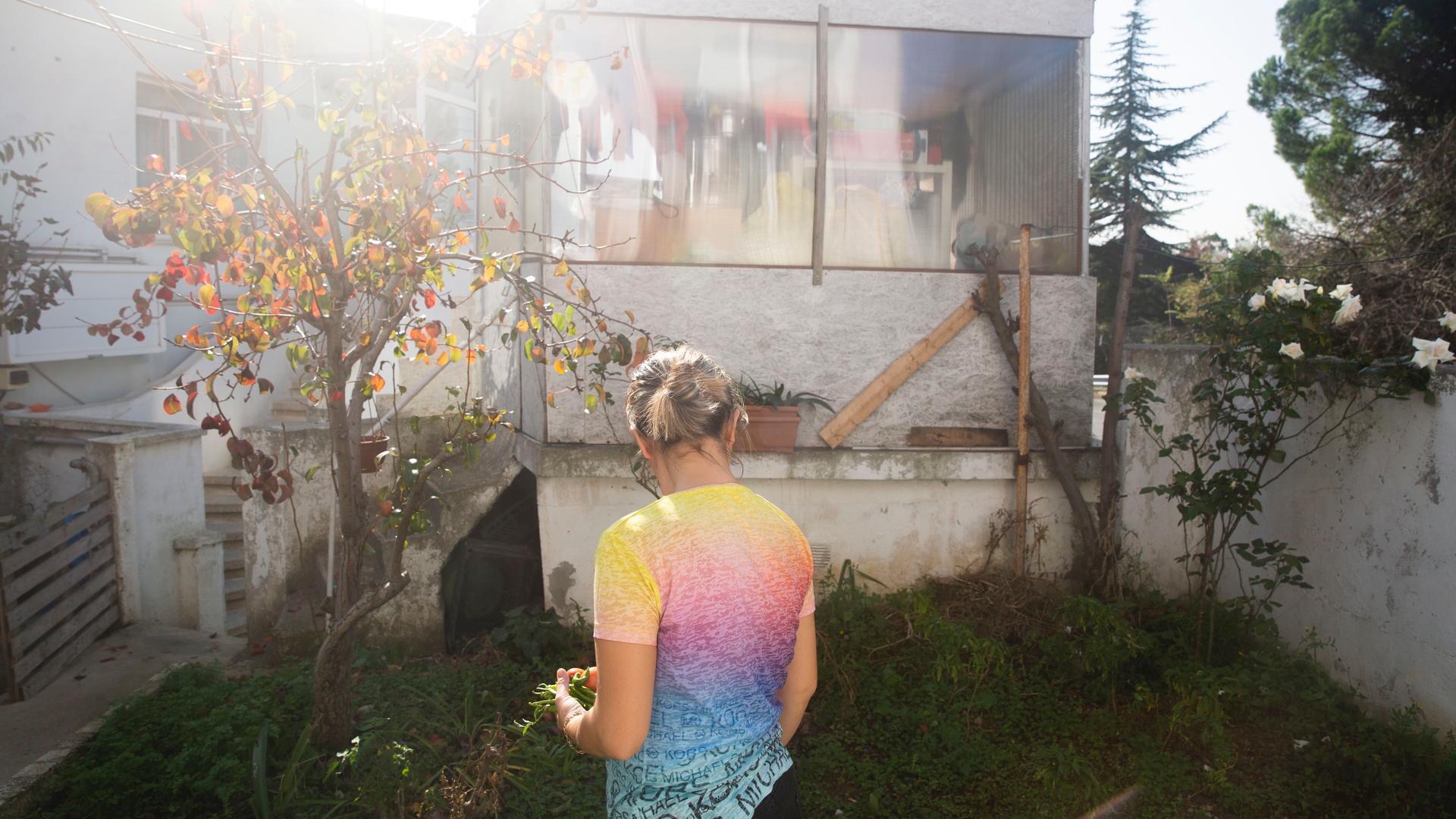When Sevilay, a 38-year-old, stay-at-home mom in Istanbul, learned she was pregnant with a third child, she agonized over what to do.
“I became very upset when I learned about my pregnancy. I wondered whether I could do it or not. I was already having a hard time with two kids. There was nobody that could help me.”
“I became very upset when I learned about my pregnancy. I wondered whether I could do it or not. I was already having a hard time with two kids. There was nobody that could help me,” said Sevilay, who asked that her full name not be used for privacy reasons.
After thinking about it, she made the tough decision to have an abortion, something she needed permission from her husband to do, as is required by law in Turkey. She thought that would be the hardest part.
Related: In Turkey, a conservative push to remove domestic violence protections is met with an uproar
The greater challenge, though, was finding a hospital willing to perform an abortion. Private hospitals cost too much, up to $500. But public ones kept turning her away.
Turkey is one of the few majority-Muslim countries where abortion is legal, but access to them is becoming increasingly limited under the conservative government. Abortion has been legal in the country since 1983 — and wealthy women from places such as Saudi Arabia and Iran, where the procedure is banned, often turn to Turkish clinics. But it’s still deeply stigmatized in Turkey.
In the last decade, the ruling conservative AK Party and President Recep Tayyip Erdoğan have been chipping away at reproductive rights. Police have busted back-alley clinics for low-income women while many public hospitals have stopped providing abortions altogether.
In 2012, the government tried to reduce the 10-week pregnancy limit to six weeks, but feminists fought back and won. Erdoğan publicly calls abortion a crime and says women should have at least three children.
Sedef Erkmen, who authored a book on the subject, told Duvar, a Turkish news site, that the “anti-abortion practices that have been systematically implemented since 2012 turned into a de facto ban.”
Related: Turkey passes ‘draconian’ social media legislation
Public hospitals can simply refuse women access based on what the president says, not the law. So, low-income women — in many cases, Syrian refugees — turn to back-alley clinics that do the procedure illegally.
Last year, news broke that police had raided a clinic fronting as a Syrian hair salon. Three people were arrested.
Related: Expulsions, pushbacks and extraditions: Turkey’s war on dissent extends to Europe
An all-too-familiar story
Sevilay reached out to Mor Cati, a women rights group, which helped her find a public hospital to do the abortion for free. But she says that even that hospital’s staff tried to make her feel guilty, and threatened her.
“They said, ‘If you come to this hospital for another abortion, we won’t let you in,’” she said.
She had an abortion at nine weeks, one week before it becomes illegal in Turkey. Sevilay says she felt broken by the emotional toll and harsh treatment. After the abortion, she felt awful.
“I felt bad. I woke up crying. To be honest, sometimes my heart aches.”
“I felt bad. I woke up crying. To be honest, sometimes my heart aches,” she said.
Unfortunately, Sevilay’s story is all too common in Turkey. That’s something that Hazal Atay can attest to. She’s an outreach coordinator at Women on Web, a Dutch-based platform that helps women get access to abortions in restrictive countries.
Turkey banned Women on Web’s website in 2016. But Turkish women still find ways to contact them. Many are faced with dire circumstances.
Related: Turkey’s president formally makes Haghia Sophia a mosque
Like one 22-year-old woman in Erzurum, whose letter Atay shared with The World, in English: “I’m sure this situation is difficult for everyone, but if my family learns about the pregnancy, they won’t let me live. I know you help a lot of people, but you don’t know where I live, and you don’t know my family. You are my only hope,” the woman said in the letter, adding, “Please get back to me as soon as possible. I cannot trust anyone except you. This is a conservative city. Even if I go to the hospital … they will let my family know about it. Please help.”
Two other letters sent to them from women in Istanbul reflect the same desperation. One woman says she doesn’t have the money to get an abortion. Another has run away from a violent husband but needs his permission to abort her pregnancy.
Sevilay says she is still criticized by some of her women friends for having an abortion. But she says she just wants what is best for her family: “I am trying to set higher standards for my children. I am trying to provide them a good life … I can give birth to five children and can raise them very well, but I can’t provide them good opportunities.”
